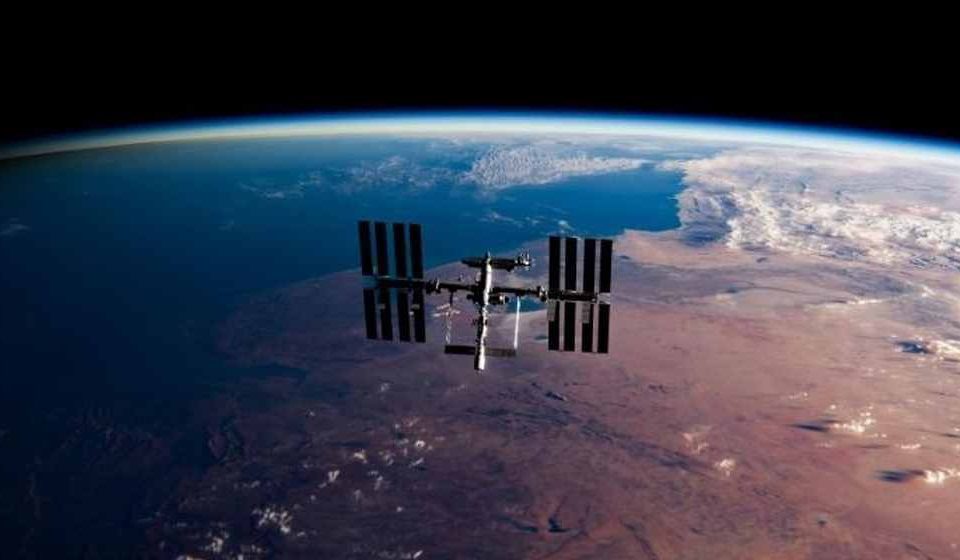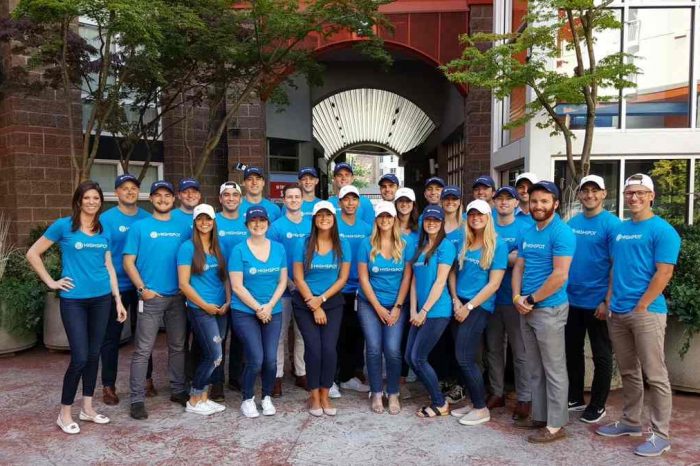The days of cable companies’ monopoly might be coming to an end as SpaceX Starlink outperforms 95% of all U.S. internet service providers

After decades of U.S. internet service providers and cable companies’ monopoly on internet access, the stranglehold they have on Americans might soon be broken. U.S. cable companies currently charge anywhere between $69 to over $200 for internet access with a cable bundle package. In Europe, however, most users pay an average of $30 per month for 600 Mb/s. In Milan Italy, for example, one user gets 800/900 Mbp/s for less than 50$ a month.
Last October, SpaceX Starlink rolled out beta access of its satellite broadband service across the U.S. for $99 per month plus a $499 upfront cost. A month later, Starlink expanded its service into Canada.
Known as the “Better Than Nothing Beta” test, SpaceX Starlink Team said the following in an email to beta users: “As you can tell from the title, we are trying to lower your initial expectations. Expect to see data speeds vary from 50Mb/s to 150Mb/s and latency from 20ms to 40ms over the next several months as we enhance the Starlink system. There will also be brief periods of no connectivity at all.”
According to the results of the speed tests taken by current Starlink beta testers, the average latency is 39 ms, which is very close to the 20 ms latency that Elon Musk proposed in a SATELLITE 2020 keynote speech and the 20–40 ms latency that was promised in the beta test invite email. The latency is the time it takes for your internet signal to travel from your computer to your ISP, to the website server, and then back to you.
With traditional satellite internet providers like Dish, its means your signal has to travel 22,200 miles to reach the satellite, then back down to the website server, back up to the satellite, and back to you, which is why satellite internet’s latency is typically between 500 and 600 ms.
Starlink satellites are over 60 times closer to Earth (sit about 342 miles above the Earth’s surface) than traditional satellites, resulting in lower latency and the ability to support services typically not possible with traditional satellite internet.
In addition, SpaceX also leverages its experience in building rockets and spacecraft to deploy the world’s most advanced broadband internet system. As the world’s leading provider of launch services – and the only provider with an orbital class reusable rocket – SpaceX has deep experience with both spacecraft and on-orbit operations, the company said on its website.
In November, the results of beta testing started rolling in. According to reports from early beta testers, Starlink’s internet speed from space is faster than 95 percent of all U.S. internet service providers.
For example in a post on Reddit, Starlink customer “FourthEchelon19” got 161 megabits/second download and 23 megabits/second upload speed in rural Montana. That speed is good enough to stream 4K YouTube videos with zero buffering. And it’s making people with hard-wired “high-speed” internet jealous.
FourthEchelon19 added:
“Way out in rural Montana where our alternative is to pay by the gig. Starlink will forever change the game.”
“I love how you’re getting a better speed from f-ing space than I am with a hardline connection from Spectrum at 80 dollars a month,” another Reddit user responded.
Below is a screenshot of the download

A month after the beta testing results, SpaceX received $886 million in subsidy from the FCC to expand satellite broadband access in more than 640,000 locations across the United States.
Fast forward three months later. We checked back to see how Starlink users are doing. Anthony Iemole, the creator and moderator of subreddit r/SpaceXStarship, shared his experience in a series of tweets. Anthony said:
“Today I finally received my Starlink beta kit from @SpaceX. I’ve wanted Starlink ever since it was announced years ago and now that I finally have it and I couldn’t be happier! I currently pay $85 a month for 80mbps down and an unknown number up. That doesn’t sound to bad right? Wrong. I may be paying for that much but in the 5 years or so i’ve had my current ISP I have never seen speeds close to that. I get 10-15mbps normally and about 25 on a good day. I’ve had my Starlink plugged in for about an hour now…”
Anthony added: “And the first speed test I ran was 77mbps down and 9.5 mbps up (pictures to follow). And that was on the lower end. The fastest test I have run so far was 130 mbps, however I was sitting next to the router for that one so that may have affected it.”
IemAnthony seems to be pleased with Starlink’s service and performance. Below is what he said:
https://twitter.com/SpaceXFan97/status/1363620327218151426
Below is a video of how Starlink delivers internet across the globe.
How Elon Musk's Starlink will deliver internet across the globe pic.twitter.com/IgxMihs7Gs
— Seeker by The Verge (@Seeker) October 23, 2020




